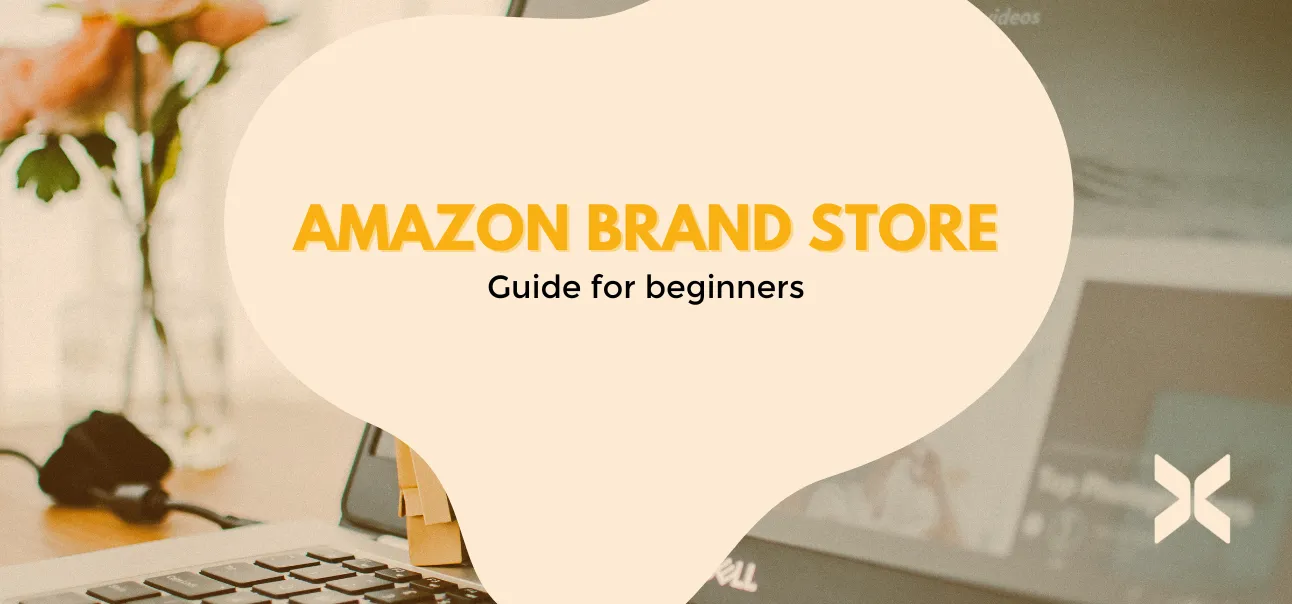Product Sourcing: How to Find Suitable Suppliers for Your Amazon Business

The Importance of Selecting the Right Supplier
If you want to be successful selling on Amazon, everything begins with the right product. But what happens after you’ve discovered your dream product? Well, you need to find the appropriate supplier to deliver it to you. The selection process can pose a challenge, but we’ve compiled the best strategies for Amazon product sourcing for you.
Sourcing Methods: DIY or Delegate?
There are two basic paths to source products: self-sourcing and sourcing through an agent. With self-sourcing, you have full control, but it can be time-consuming. A sourcing agent, on the other hand, can shorten the sourcing time, negotiate cheaper purchasing prices, and often even check the product quality on site. However, there is also the risk of hidden commissions and a lack of direct contact with the manufacturer. Which method is right for you depends on your individual needs and circumstances.
Supplier vs. Manufacturer: What’s the Difference?
Many newcomers to Amazon sales confuse suppliers and manufacturers. A manufacturer produces the product, while a supplier purchases it on your behalf and ships it to you. In many cases, the manufacturer can also be the supplier.
Remember: A good supplier is reliable, efficient, and affordable. Now that we’ve cleared that up, let’s delve deeper into the topic of supplier selection.
How Do I Find the Right Supplier?
Time to research, seek, and compare. Websites like Alibaba and Global Sources are good starting points. Take the time to compare prices, minimum order quantities and delivery times.
- Check References: Read the reviews from other buyers and see if the supplier has consistently delivered in the past.
- Sample Order: Before you place a large order, place a small sample order to check the product quality and delivery times.
- Communication: A good supplier communicates clearly and promptly. Observe how the supplier responds to inquiries and problems.
Red Flags: When Should You Avoid a Supplier?
Delayed Deliveries: If a supplier is unable to deliver on time, this can affect your Amazon ranking and customer feedback.
Lack of Communication: Communication is the key to any successful business relationship. If your supplier rarely replies or omits important information, you should avoid them.
Quality Fluctuations: Consistent quality is crucial. If product quality varies, your customers’ trust will decrease.
Local or Global? How You Can Design Your Product Sourcing:
With self-sourcing, you can choose between local and global sourcing. Local sourcing offers the advantage of personal product inspections and short delivery times. With a global search, you benefit from a larger product variety and often lower prices. To make an informed decision, you should compare the costs of products in both local and global sourcing.
Local Sourcing
For local sourcing, you can use trading platforms that list wholesalers and manufacturers from the EU. Factory sales and websites that broker remaining stock are other possible sources. If you avoid the costs for overseas shipping and customs, you can sometimes also find competitive prices locally.
Tipp: Plattformen für dein Amazon Produktsourcing
Tools like Jungle Scout, Sellics and ASINspector not only offer support with product research but can also assist you with sourcing. They have databases with verified suppliers, saving you the effort of checking the seriousness and reliability of potential suppliers. After entering a search term, the system sorts the results in the order of the percentage.
Globales Sourcing
For global sourcing, B2B websites like Alibaba.com or direct sourcing on-site are recommended. Typical countries for global sourcing are China, India, Bangladesh, Cambodia, and Pakistan. Attending overseas trade fairs can help you negotiate directly with dealers and make interesting contacts.
Tip for Produkte from China
If you want to source products that are mainly manufactured in China, we recommend visiting the Canton Fair (Canton Import and Export Fair). It is China’s largest import and export goods fair and gives you the opportunity to establish trade relationships, speak with insurance and logistics companies, or inspect a variety of products.
Case Study: Success Through Careful Supplier Selection
Take the example of Anna, who successfully sells fitness bands on Amazon. Her key strategy? Careful supplier selection. She found her supplier on Alibaba and initially placed a small sample order. She was satisfied with the quality and service and decided to place a full order. She regularly communicates with her supplier and has thus built a strong business relationship. This has helped her establish her brand and increase her sales numbers on Amazon.
Conclusion
Finding the right supplier may seem overwhelming at first, but with patience and care, you can find the perfect partner for your Amazon business. Remember to check the quality, prioritise clear communication, and watch out for red flags. Whether you choose local or global sourcing, whether you source yourself or hire an agent, depends on your individual needs and goals. With the strategies and tips presented here, you are well equipped to take the next step. Good luck!
.webp)
.webp)
.webp)




